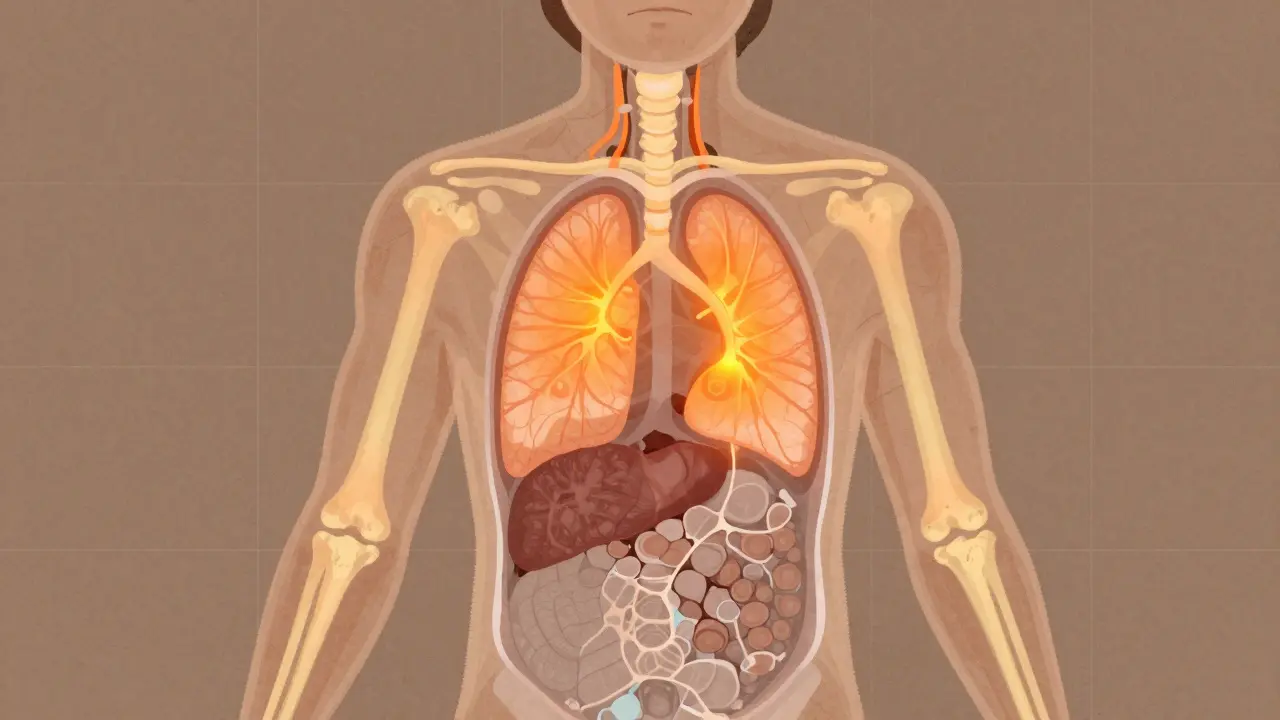Category: Medicine - Page 2

- 11 Comments
Learn how to safely compare your new prescription labels with old ones to avoid dangerous medication errors. Check active ingredients, dosage, pill appearance, and manufacturer details every time you refill.

- 14 Comments
Antibiotic-induced diarrhea can be harmless - or it can be a life-threatening C. diff infection. Learn how to recognize it, treat it properly, and prevent it from coming back.

- 11 Comments
PET-CT, MRI, and PET-MRI each play unique roles in cancer staging. Learn which scan is best for different cancers, their accuracy, costs, and why no single tool works for all cases.

- 8 Comments
Cardiovascular generics are safe and effective for most people, backed by large-scale studies. Learn what the real data says about safety, side effects, and when to stick with brand-name drugs.

- 10 Comments
Itchy, red eyes from allergies? Learn how antihistamine eye drops like Pataday and Zaditor work, which ones are best, how to use them correctly, and what to avoid. Get practical, science-backed relief.

- 9 Comments
Drug prices vary wildly across countries - the same medication can cost 10 times more in the U.S. than in Australia or Japan. This is due to policy, not market forces. Here’s how different countries control costs and what it means for patients.

- 10 Comments
Expired OTC first-aid meds can be dangerous - especially epinephrine, eye drops, and antibiotics. Learn which ones to replace immediately, how storage affects potency, and a simple 4-step checklist to keep your kit safe and ready.

- 9 Comments
The U.S. government is stockpiling raw drug ingredients to fight shortages, but this approach ignores the real causes: weak reporting, foreign dependence, and lack of incentives for manufacturers. Hospitals, pharmacists, and patients are paying the price.

- 10 Comments
Learn how to ask your doctor about generic medications to save money without sacrificing effectiveness. Discover when generics work, when they don't, and how to start the conversation that could cut your prescription costs by up to 95%.

- 11 Comments
Learn about proven fertility preservation options before chemotherapy, including egg freezing, sperm banking, and ovarian tissue cryopreservation. Understand timing, success rates, costs, and what to do next after a cancer diagnosis.
